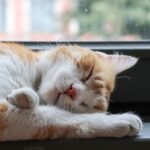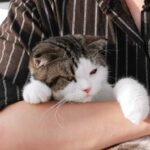Have you ever caught your cat perched by the door, eyes wide and tail twitching, the moment you pick up your keys? It’s almost as if they’re a tiny, furry security guard—or maybe, a silent protestor. Whether your cat sits solemnly by the entrance or dashes to the threshold every time you leave, you’re not alone in wondering: what’s going on in that mysterious feline mind? The truth is both heartwarming and a little bit hilarious. Let’s peek into the world behind those watchful whiskers and uncover why your cat seems obsessed with the door every time you step out.
Cats Are Creatures of Habit
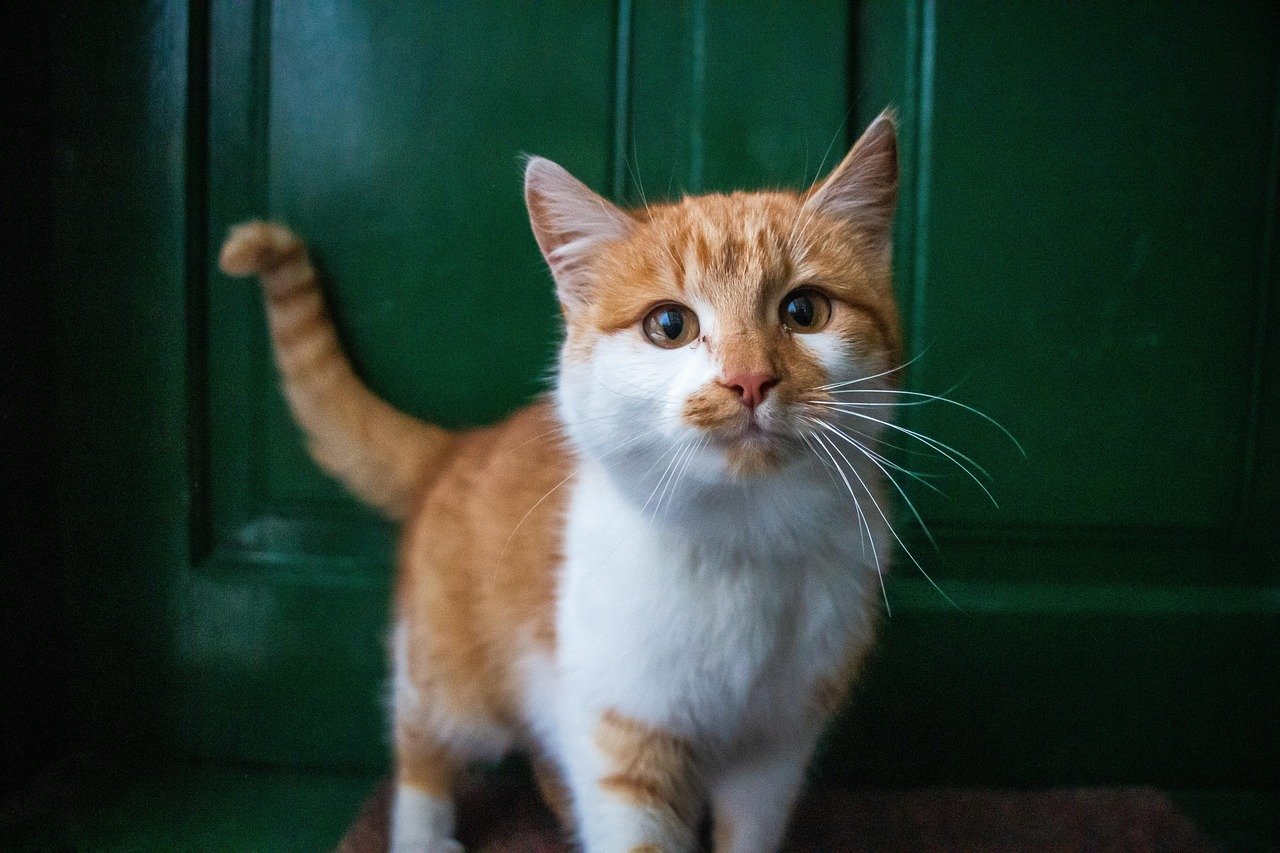
Cats absolutely thrive on routine. If you’ve ever moved their food bowl or changed up their daily schedule, you’ve probably faced their dramatic disapproval. Doors are a huge part of a cat’s routine. They see you leave and return from the same spot every day, and over time, that spot becomes a focal point in their world. Cats notice when you grab your bag or put on shoes—these little rituals signal “something’s about to happen.” Your cat waiting by the door is their way of trying to make sense of this predictable pattern. Their internal clocks are so sharp, some even know when you’ll be home. Watching the door becomes their little ritual, too.
The Door as a Portal to the Unknown

For an indoor cat, the door is like the gateway to a wild, mysterious universe. They can smell fresh air, hear birds chirping, and maybe even catch a glimpse of the neighbor’s dog. The world beyond the door is endlessly fascinating. When you leave, it’s as if you’re stepping into an adventure your cat can only dream about. Imagine being stuck in a house all day, peeking out at a world you never get to explore. No wonder they’re glued to that spot, hoping for a sneak peek or a quick escape.
Separation Anxiety in Cats
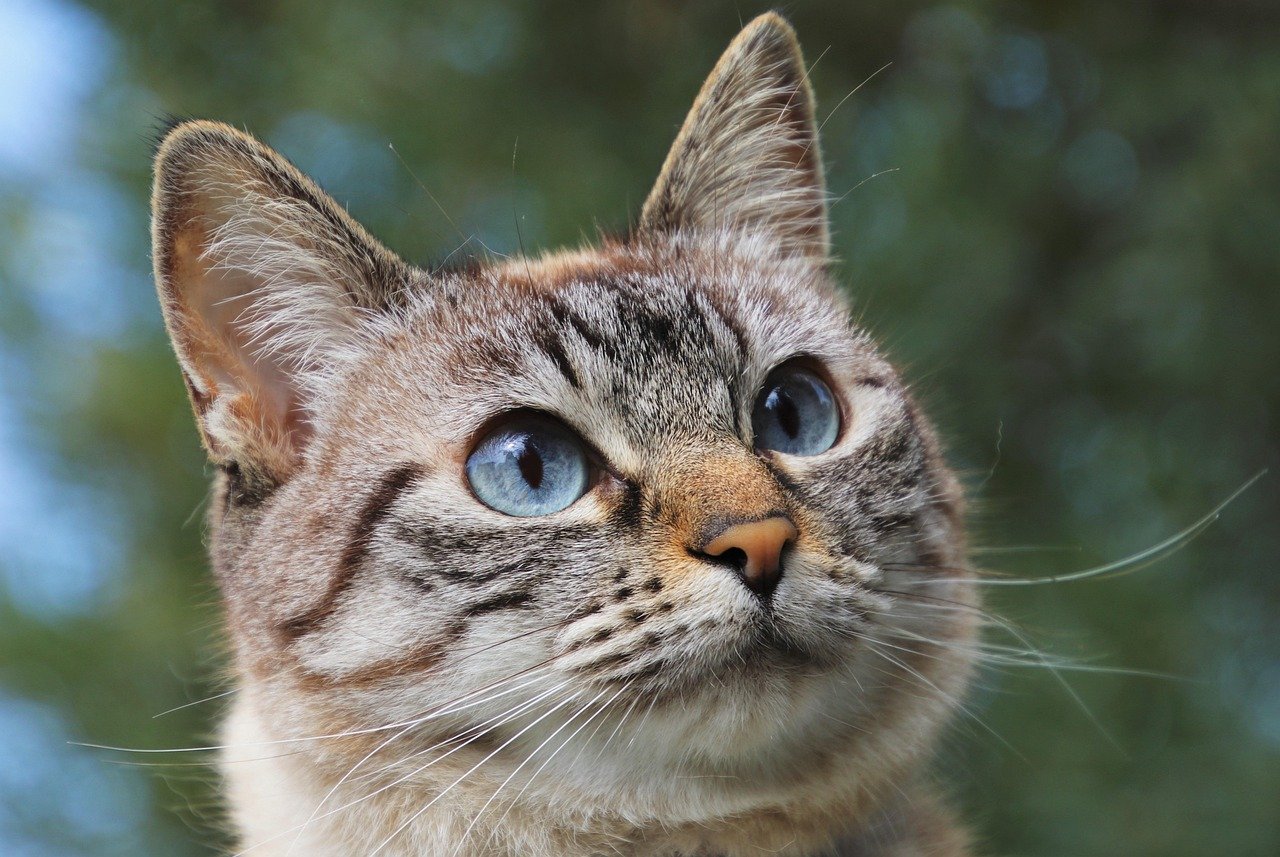
It might surprise you, but cats can get separation anxiety just like dogs—or even people. If your cat watches you intently as you leave, it could be their way of coping with the stress of being alone. Some cats meow, scratch, or even pace by the door after you leave. They’re not just being dramatic—they genuinely miss you. This anxiety can be especially strong in cats who have formed a close bond with their humans or have experienced abandonment before. The door becomes a symbol of your absence, and their watchfulness is a cry for comfort.
Guarding Their Territory
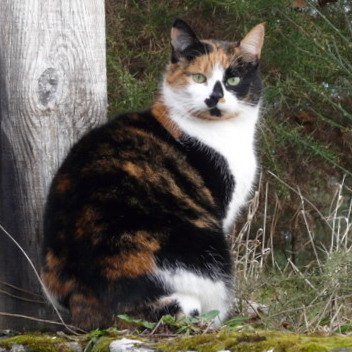
Cats are natural-born guardians. Even the fluffiest lap cat has a fierce streak when it comes to protecting their home. When you leave, your cat might feel it’s their duty to watch over the entrance, almost like a security guard on patrol. They’re making sure nothing suspicious happens while you’re gone. This instinct goes back to their wild ancestors, who always kept a close eye on their territory. By watching the door, your cat is keeping an invisible line of defense, making sure their home—and their favorite human—are safe.
The Scent of Their Human

Believe it or not, your scent is a big deal to your cat. You’re like their walking, talking comfort blanket. When you pass through the door, you leave a scent trail behind. Cats have an incredible sense of smell—much stronger than ours. By staying near the door, your cat can bask in the lingering scent you leave, almost like you’re still there. It’s a way for them to feel close to you, even when you’re not around. Some cats even rub their faces on the doorframe to mix your scent with theirs, marking the spot as “ours.”
Curiosity: The Cat’s Lifelong Companion
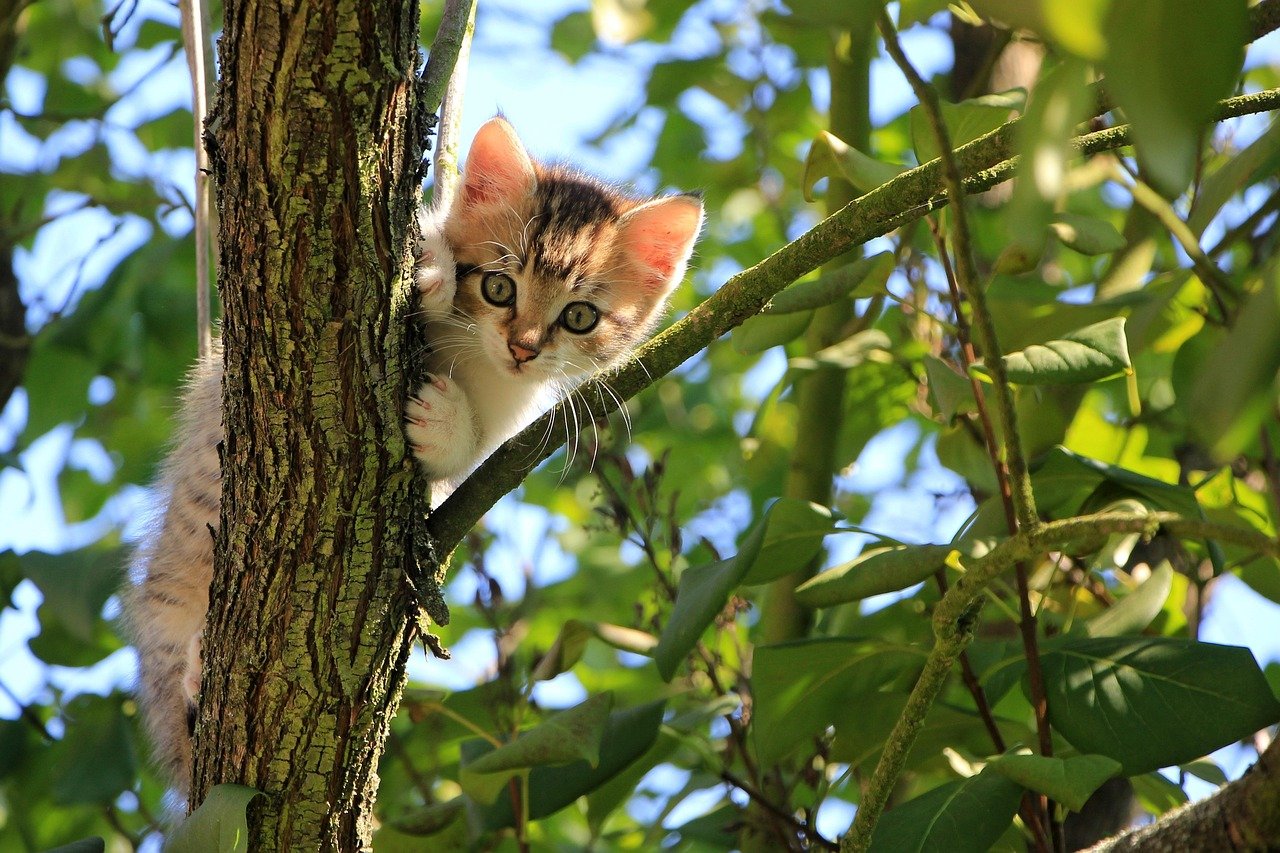
The old saying “curiosity killed the cat” exists for a reason. Cats are naturally inquisitive, always poking their noses where they probably shouldn’t. The door is a daily mystery—where does their human go, and what’s on the other side? Watching you leave is their way of staying involved in the action. It’s like watching the first few minutes of a movie and not seeing the rest. No wonder your cat can’t resist keeping an eye on the exit.
Desire for Social Interaction
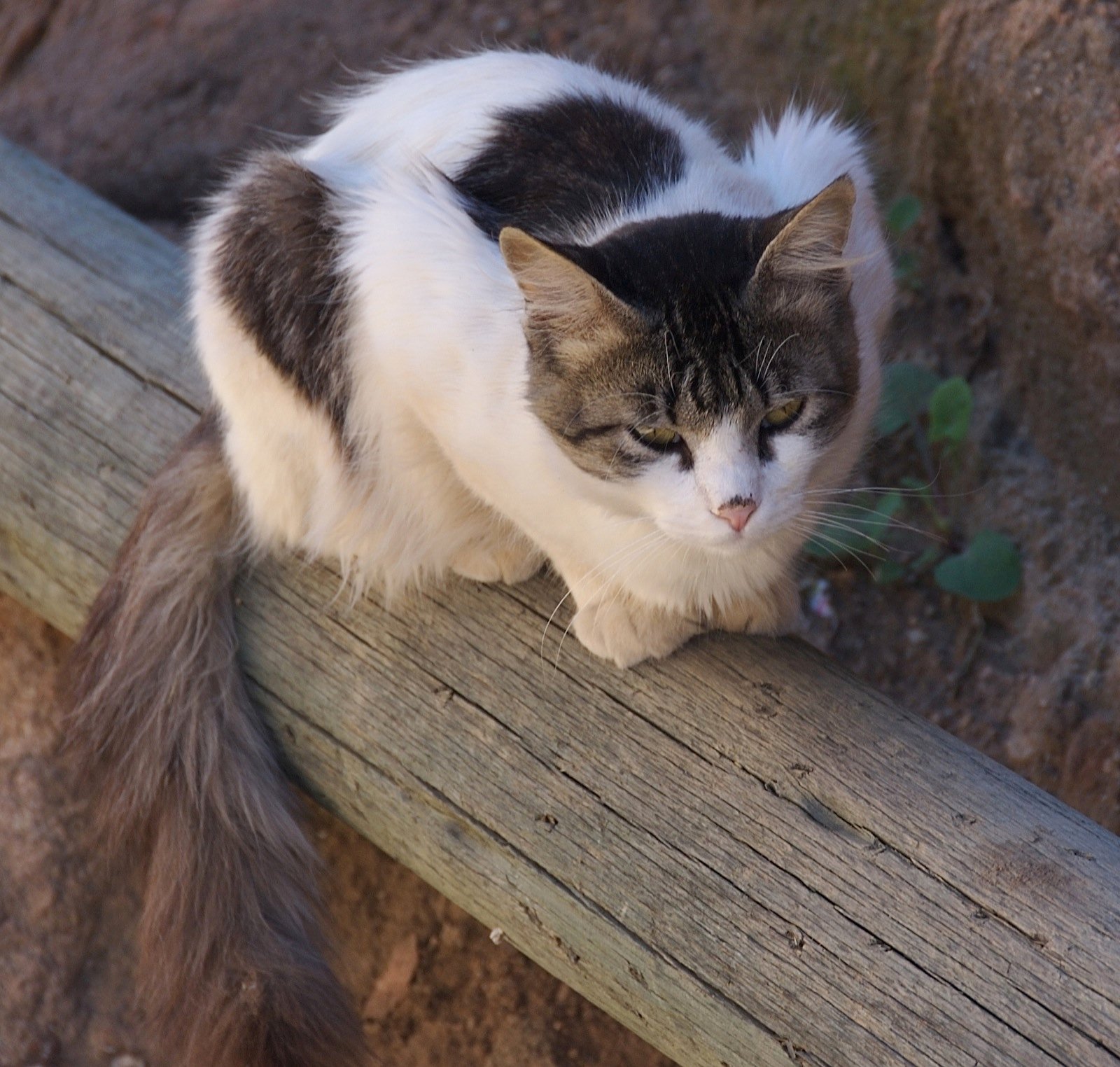
Even the most independent cats crave social time with their favorite people. If your cat watches the door, it might be their way of saying, “Hey, don’t forget about me!” They want to be a part of whatever you’re doing—yes, even if that’s just going to the grocery store. Some cats will meow or paw at the door, hoping you’ll turn around and give them a little more attention. Their door-watching is a gentle (or sometimes not-so-gentle) reminder that you matter to them.
Fear of Missing Out (FOMO) in Cats

You thought FOMO was just for people? Think again. Cats experience their own version of the fear of missing out. Every time you leave, they wonder what exciting thing they might be missing. Is there a new smell? Did you meet another animal? Did you bring home a treat? For a cat, the possibilities are endless. Their watchful eyes are fueled by a mix of envy and hope—they don’t want to miss a thing.
Past Experiences Shape Behavior
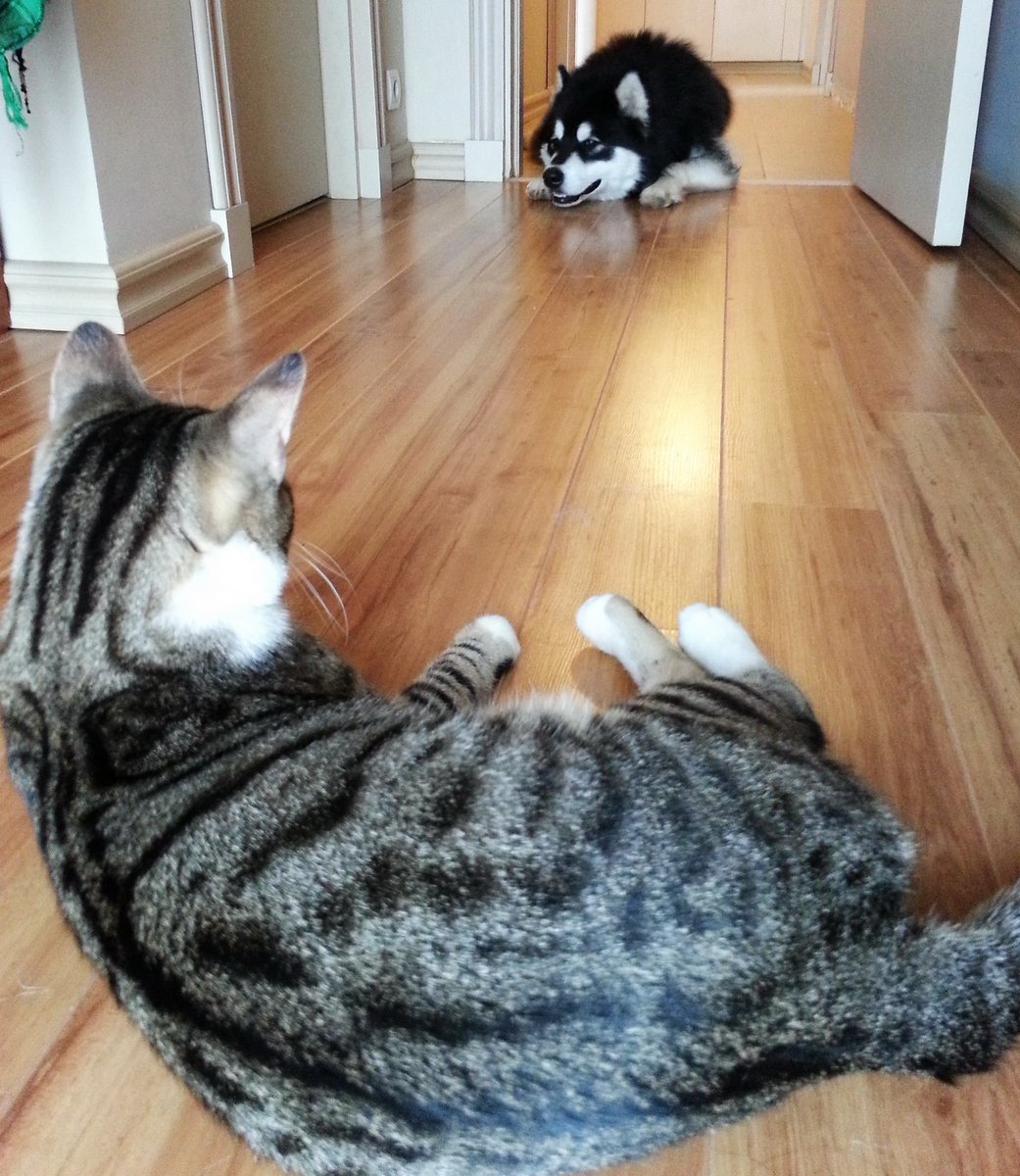
If your cat has ever been trapped behind a door or left alone for a long time, they might be extra wary when you leave. Past experiences leave a mark, and cats remember. Maybe they once snuck out and had a scary adventure, or maybe they got locked in a room and didn’t like it. Watching the door is their way of controlling the situation, making sure they’re not caught off guard again. It’s a mix of caution and curiosity that shapes this quirky habit.
Anticipation of Your Return

One of the sweetest reasons your cat watches the door is simple: they can’t wait for you to come back. Cats might not show excitement like dogs, but many will sit by the door when it’s almost time for you to return. They might even recognize the sound of your car or footsteps and perk up in anticipation. It’s their quiet way of saying, “I missed you!” This anticipation can be especially strong if you always greet them or give them a treat when you walk in.
Environmental Enrichment and Boredom

A bored cat is a creative cat—and sometimes that creativity means obsessing over the door. If your cat doesn’t have enough to do during the day, the coming and going at the door becomes the highlight of their routine. Watching you leave is a break from the monotony. Providing toys, scratch posts, and window perches can help distract them and keep their minds busy, so the door doesn’t become their only source of entertainment.
Instincts from Wild Ancestors

Domestic cats come from a long line of wild hunters and survivors. In the wild, watching entry and exit points is a survival skill. Predators and prey both use doors—well, in the wild, it’s more like holes in the bushes or narrow paths. Your cat’s habit of watching the door is a leftover instinct, a way of keeping tabs on what’s coming and going in their environment. It’s built into their DNA, even if the only danger now is the mailman.
Desire for Outdoor Exploration
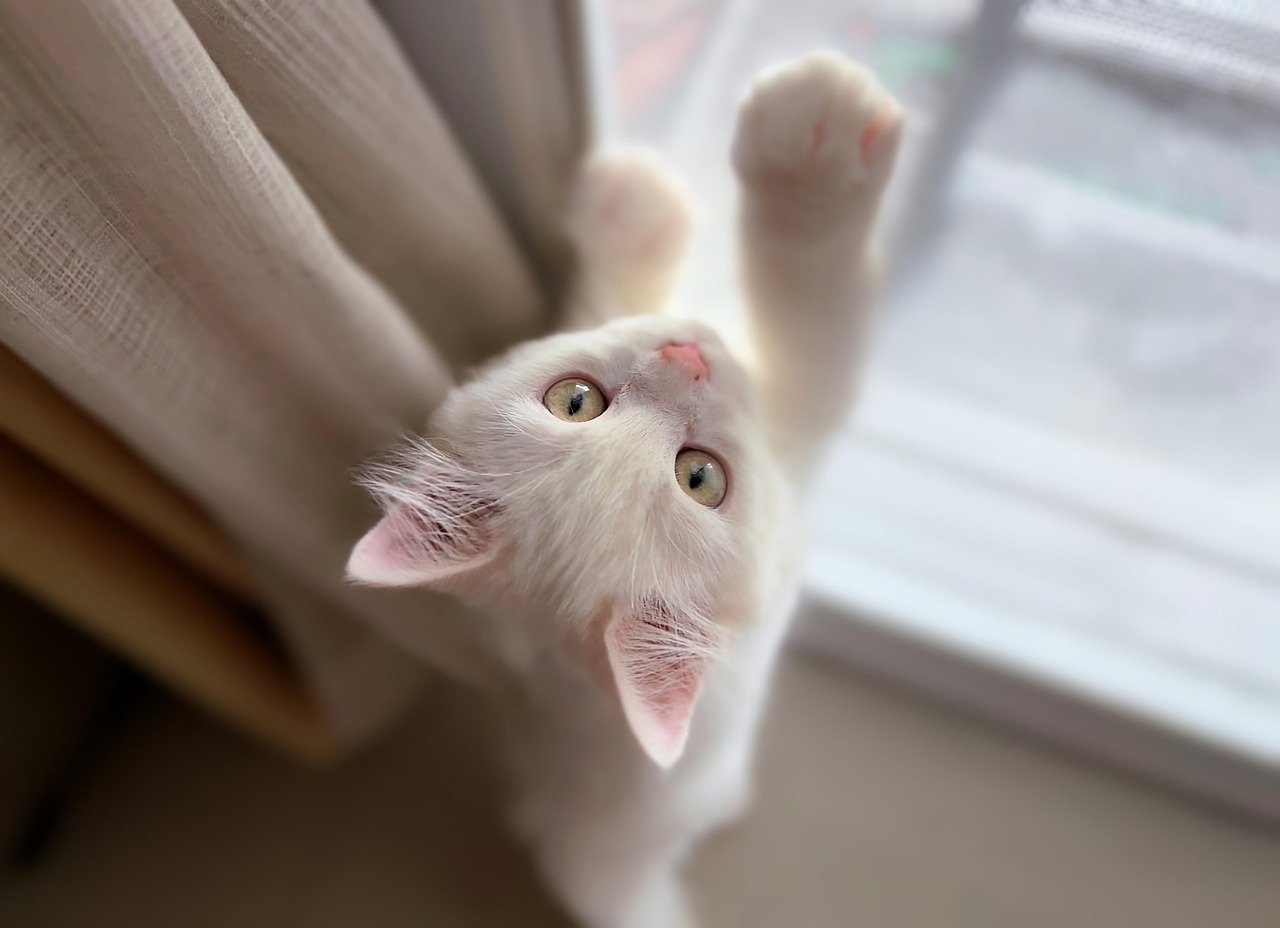
Even indoor cats have a wild side. The door represents the great unknown—a place where grass, bugs, and adventure await. Some cats are content to just watch, while others will make a dash the second the door cracks open. Their longing gaze is a mix of wonder and longing, a little like a kid staring out the window on a rainy day. For some cats, watching the door is all about dreaming of what’s just out of reach.
Learning From Their Humans

Cats are better at reading human behavior than we give them credit for. If you react strongly to the door—maybe you get excited when guests arrive or anxious when someone knocks—your cat picks up on those emotions. Over time, they associate the door with big moments and strong emotions. They may watch the door not just for their own reasons, but because they’ve learned it’s important to you, too.
Responding to Sounds and Movement
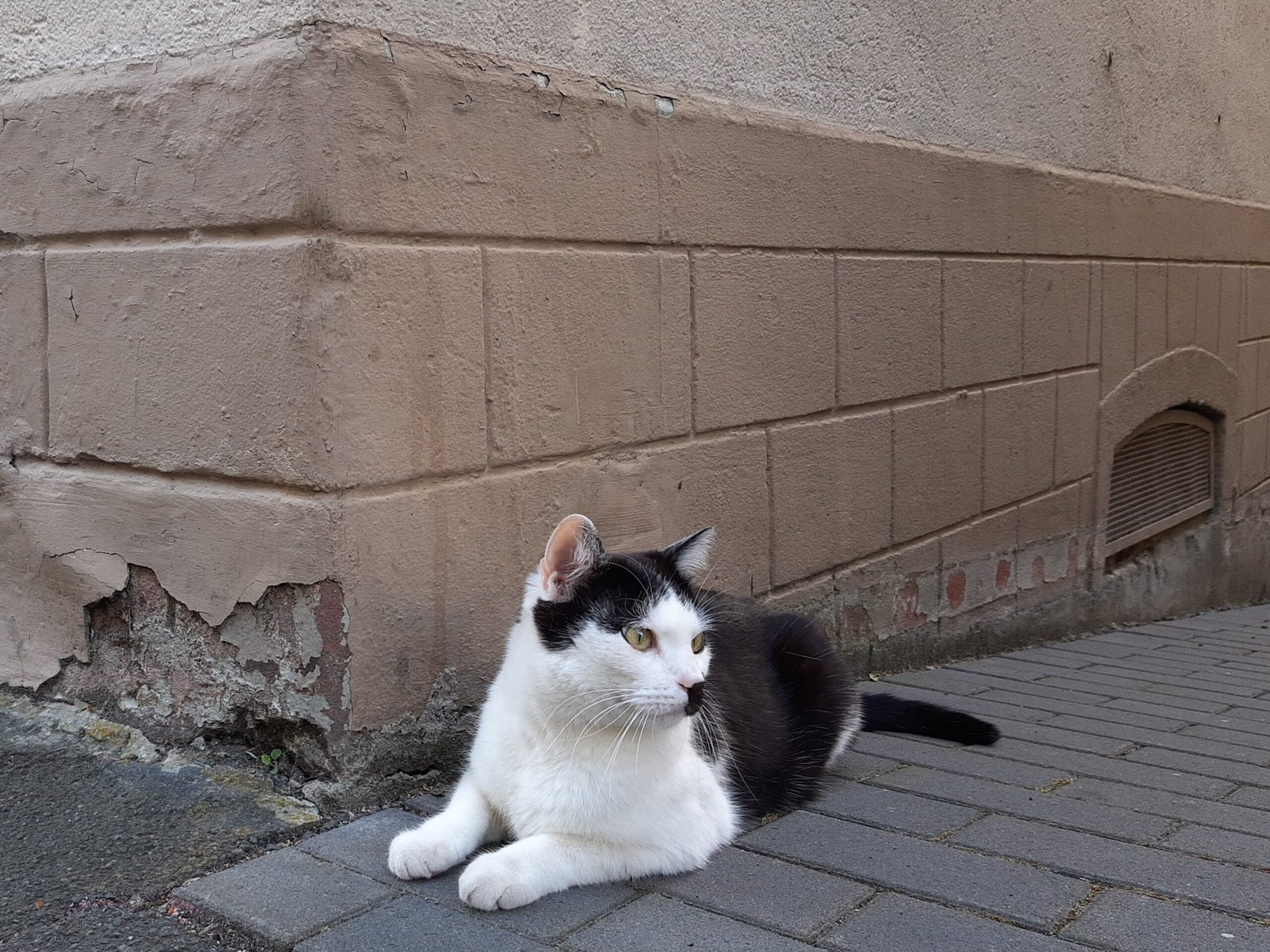
Cats have sharp senses, especially when it comes to sounds and movement near the door. The jingle of keys, the squeak of the hinges, or the sound of footsteps can all grab your cat’s attention. Even the faintest noise outside can prompt them to investigate. Their ears swivel, their eyes focus, and suddenly the door is the most interesting thing in the world. For a cat, every little sound is worth checking out.
Marking Their Territory
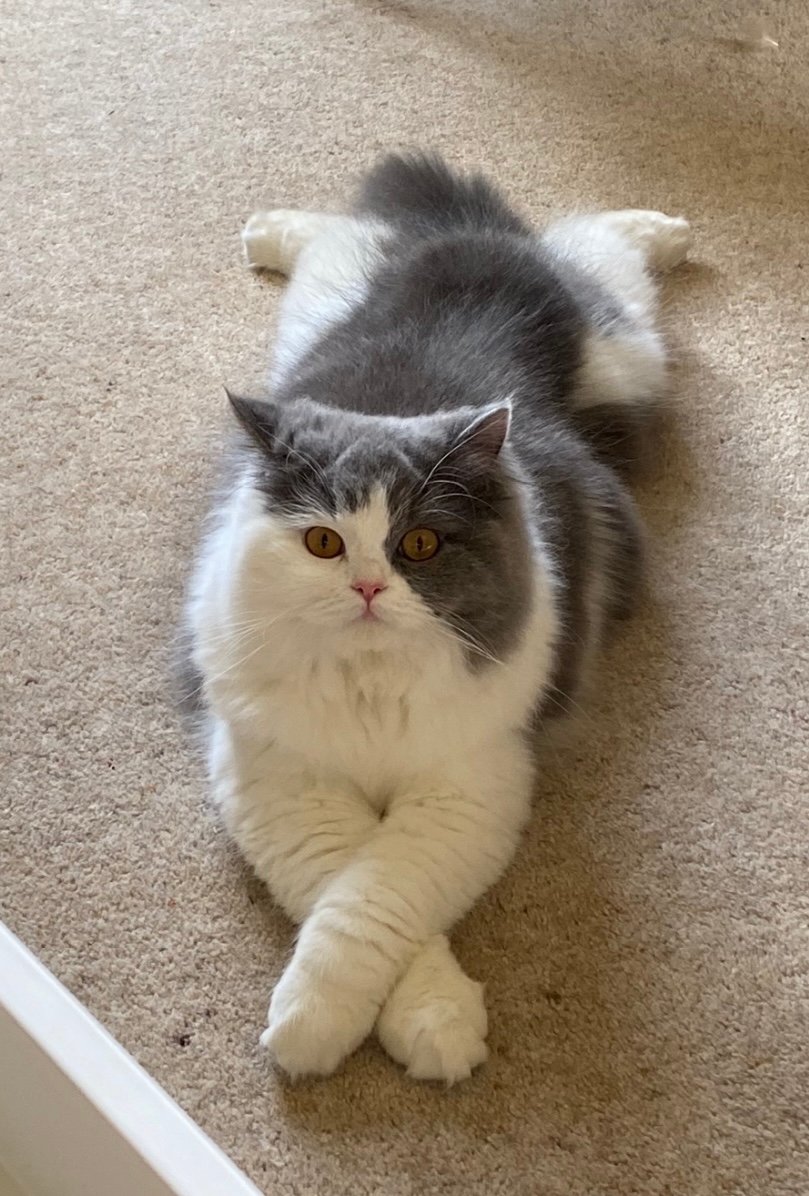
Cats are territorial creatures, and doors are one of their favorite places to mark. You might notice your cat rubbing their face or body against the doorframe. This isn’t just cute—it’s serious business. They’re leaving pheromones behind, marking the spot as part of their domain. When you leave, they might feel the need to reinforce this claim, making sure other animals get the message: “This is my home.”
Communicating With Their Humans

Your cat may not speak your language, but they’re experts at nonverbal communication. Watching the door, meowing, or rubbing against your legs as you leave are all ways of saying something. Maybe they want you to stay, maybe they want to join you, or maybe they just want you to know they’re paying attention. It’s their version of a conversation, and if you watch closely, you might start to understand what they’re trying to tell you.
Seeking Comfort and Reassurance

The world can be a little scary for a small cat, especially when their favorite person disappears. Sitting by the door gives them a sense of security, a place to wait for your return. Some cats will even snuggle up with your shoes or jacket, finding comfort in your scent. It’s a way to soothe themselves until you come back, like a child with a favorite blanket.
Reacting to Changes in the Household
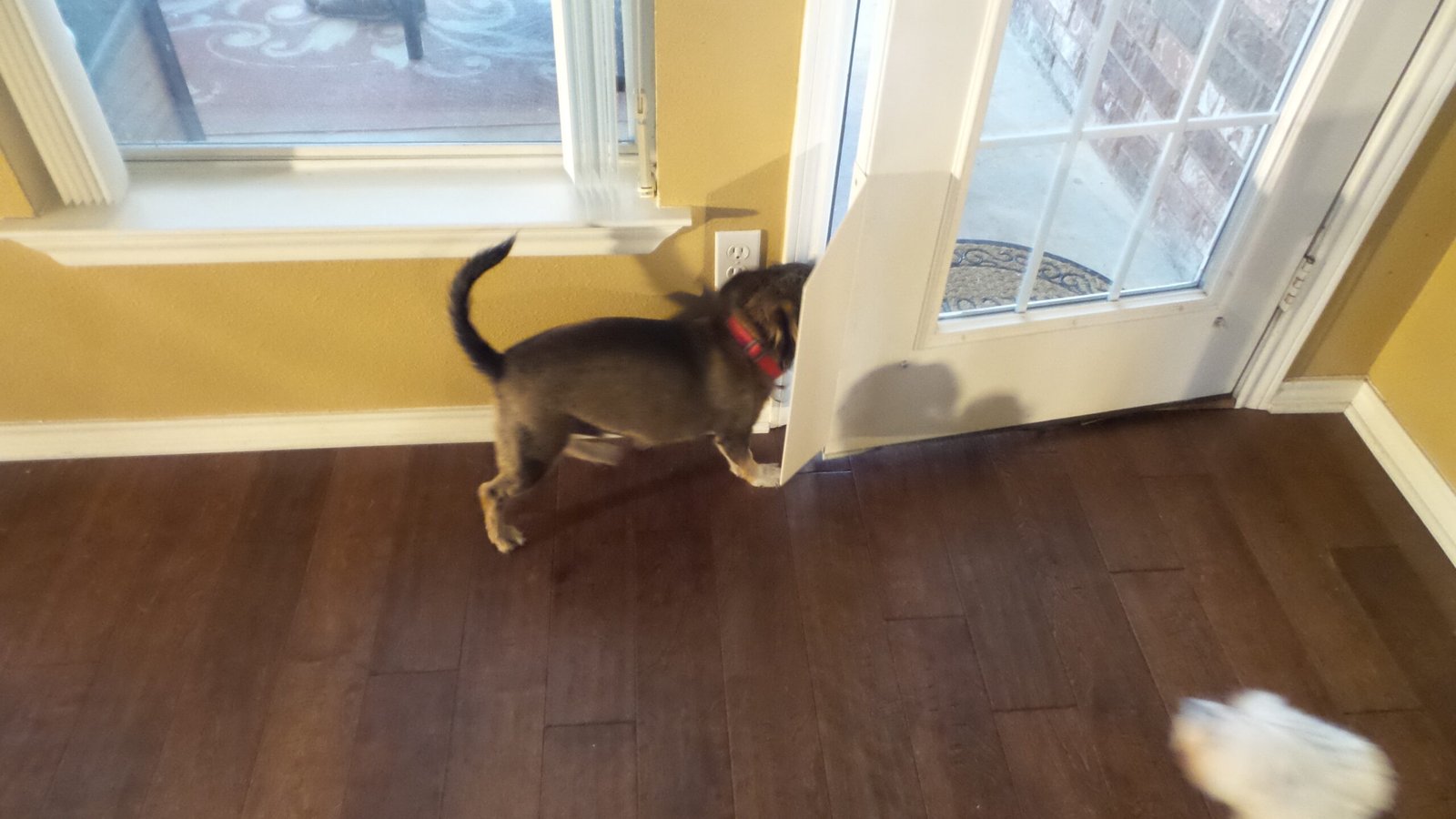
If something big changes at home—a new pet, a move, or even new furniture—your cat might become more fixated on the door. Changes can make your cat anxious, and they may watch the door more closely to feel in control. It’s their way of monitoring what’s going on and making sure they’re not left out of anything important. Sometimes, the door is their anchor in a world that feels a little off-kilter.
Unique Personality Traits

Every cat is different, and some are just naturally more vigilant or attached than others. While one cat might barely notice when you leave, another might turn into a furry sentry. Personality plays a huge role in how cats react to doors and departures. Shy cats might watch quietly from a distance, while bold ones will make a scene. Getting to know your cat’s unique quirks can help you understand what their door-watching means.
Building a Bond Over Time
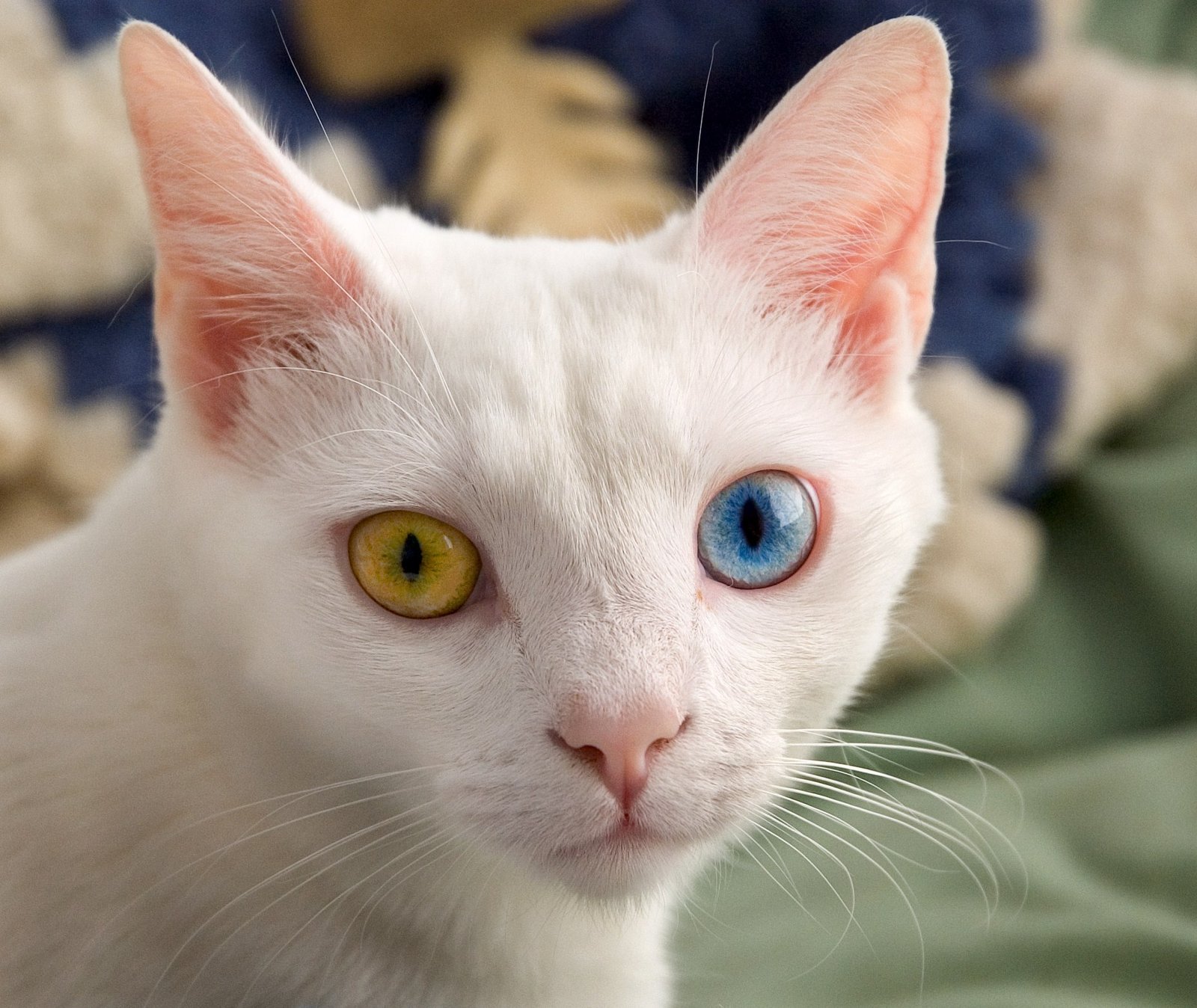
The more time you spend with your cat, the deeper your bond becomes. Cats who feel secure and loved are more likely to watch the door because they genuinely value your presence. It’s a sign of trust and attachment, proof that you matter in their world. Over time, this habit can become a sweet little ritual—a way of saying goodbye and waiting for hello all over again.
Hi, I’m Bola, a passionate writer and creative strategist with a knack for crafting compelling content that educates, inspires, and connects. Over the years, I’ve honed my skills across various writing fields, including content creation, copywriting, online course development, and video scriptwriting.
When I’m not at my desk, you’ll find me exploring new ideas, reading books, or brainstorming creative ways to solve challenges. I believe that words have the power to transform, and I’m here to help you leverage that power for success.
Thanks for stopping by, Keep coming to this website to checkout new articles form me. You’d always love it!



